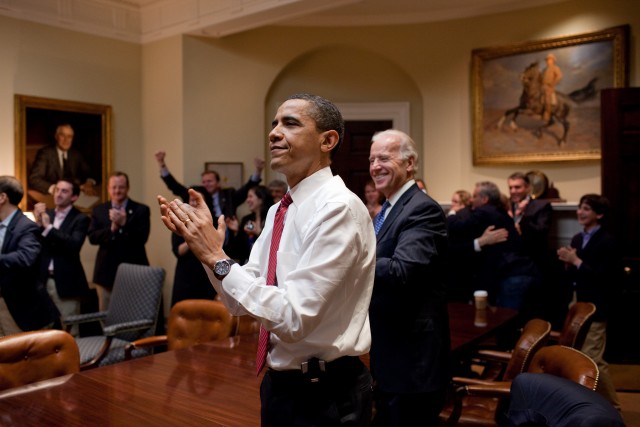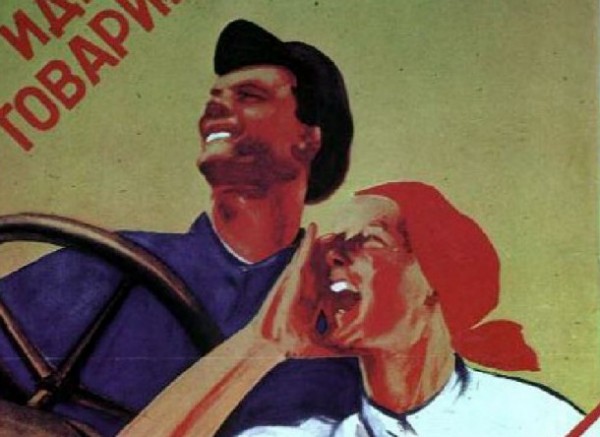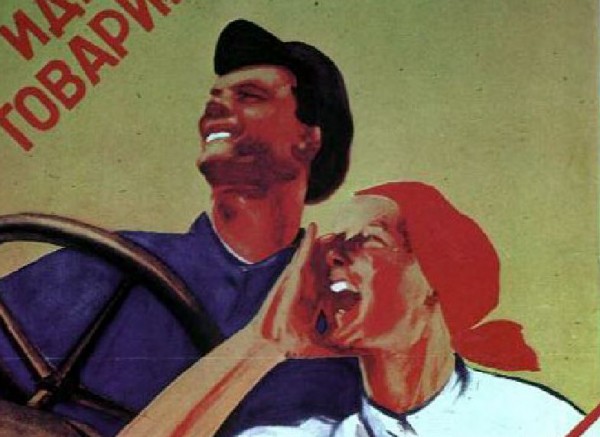The Revolt of the Kulaks Has Begun, February 22, 2009, just over a month after Obama's first inauguration:
In the end, as must all economic redistributors, Obama either will have to resort to repressive measures, or he will have to abandon his redistributive plans.
The great Obamacare reform is turning into the great thrust of tens of
millions of people onto Medicaid.
The problem is, fewer and fewer doctors are willing to take Medicaid patients because the reimbursements are so low.
I have met numerous doctors who tell me they either refuse Medicaid patients or restrict them because the reimbursements do not cover their costs. They also double and triple book, because so many Medicaid patients who make appointments don't show up. As to Medicare the payments currently are bearable, but only because private insurance payments for other patients make up the shortfall.
Increasingly, doctors are abandoning the government payment train wreck, and going all cash or some hybrid. This all was foreseeable and was foreseen.
The millions of new Medicaid patients will have insurance, just no doctors to see them. That is a feature, not a glitch, to those who want single payer. Obamacare is proceeding accordingly to plan.
So this report (via
@SissyWillis) is no surprise,
Virginia Democrat Calls For Forcing Doctors To Accept Medicare And Medicaid Patients:
.... here is Kathleen Murphy, Democrat running for the House of Delegates against Barbara Comstock, telling a forum in Great Falls that she believes it should law to force doctors to accept Medicare and Medicaid patients. Forced by government decree, mind you. A birdie sent me this:
FYI last night at the Great Falls Grange debate, Democrat delegate candidate Kathleen Murphy said that since many doctors are not accepting medicaid and medicare patients, she advocates making it a legal requirement for those people to be accepted.
She did not recognize that the payments are inadequate to cover the doctors' costs. She also did not recognize there is a shortage of over 45,000 physicians now and that it is forecast to be 90,000 in a few years.
Kerry Picket at Breitbart.com notes:










